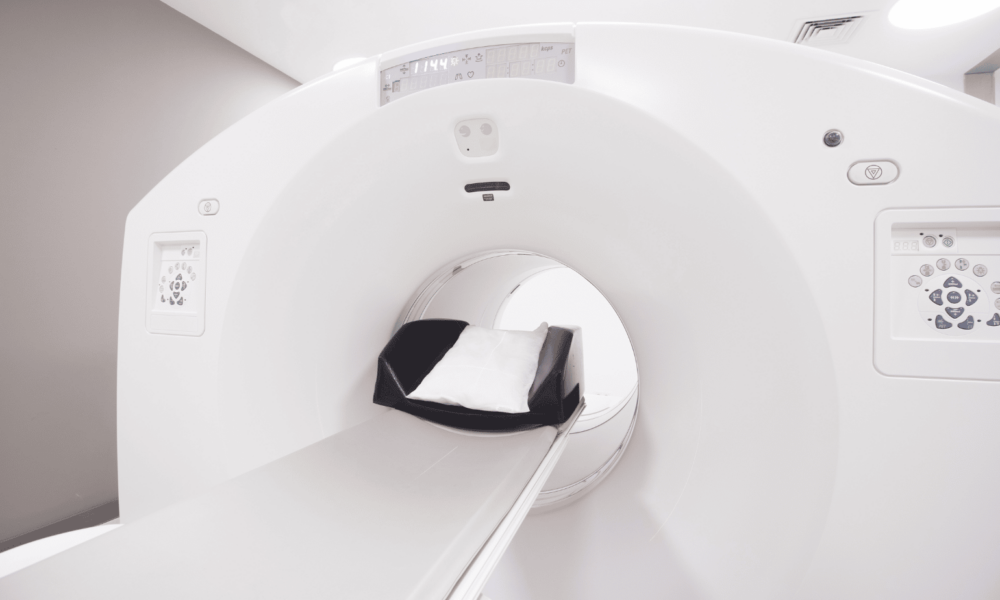A new treatment trialled at Royal Surrey County Hospital, based at Surrey Research Park, described as ‘potentially one of the biggest weapons in the fight against prostate cancer’ has been given the green light by the medicines regulator.
The Medicines and Healthcare Products Regulatory Agency (MHRA) granted marketing authorisation for the use of Lutetium isotope treatment for prostate cancer, after successful trials involving two patients at Royal Surrey and other hospitals around the world.
Earlier this year, Royal Surrey became the first trust in the UK to offer Lutetium isotope treatment to patients under an Early Access Medicine Scheme (EAMS).
Royal Surrey’s Nuclear Medicine team delivered the treatment as part of the Phase III VISION study, run by Royal Marsden NHS Foundation Trust.
Nuclear medicine – the clinical use of radioactive materials – is most commonly used to diagnose and evaluate cancer and other conditions. However, Royal Surrey’s Nuclear Medicine capabilities go beyond diagnostics and evaluation. Having the ability to actually deliver treatment, as well as diagnose conditions, makes Royal Surrey one of the few Trusts in the UK that is able to deliver Lutetium isotope treatment, should it become available to patients through the NHS.
Professor Vineet Prakash, Clinical Lead for Nuclear Medicine at Royal Surrey, said: “The success of the initial study, and the speed with which the treatment was offered through an Early Access Medicine Scheme, shows that Lutetium 177 treatment has the potential to become one of our biggest weapons in the fight against prostate cancer.
“The fact that Royal Surrey is at the leading edge of research in this area has had a direct and highly impactful patient benefit.
“This clearly shows the value of the Trust’s investment in Nuclear Medicine, and the benefit of our commitment to research more generally.
“I very much hope that when NHS England approve Lutetium treatment as a standard of care, it will benefit our patients at Royal Surrey for many years to come.”
